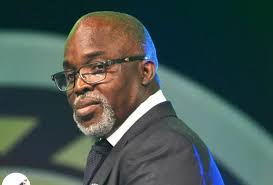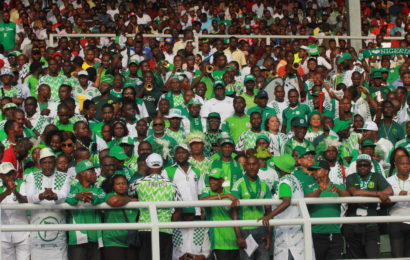
Telecommunications operators on Wednesday called on the Nigerian Communications Commission (NCC) to look into the indebtedness of smaller telecom operators and support them to survive competition.
Mr Gbenga Adebayo, Chairman, Association of Telecommunications Operators of Nigeria (ALTON), made the call at a telecom stakeholders’ forum in Lagos.
The forum organised by NCC was to discuss the level of competition in Nigeria’s telecommunications industry.
Adebayo said that reports and studies had shown that big telecom operators survive more than small ones, urging that NCC should identify small operators in debt and help them.
“We should not only ask for the amount these smaller operators are owing, but also know who they are owing.
“It might be that these companies are not willing to owe but, because of some circumstances beyond their control, they are owing; we need to address this.
“Focus should be placed on smaller telecom players with the aim of asking questions that will reveal their true status,’’ he said.
Adebayo said that when he assumed office as ALTON Chairman, he was overseeing about 35 strong operating companies.
“Now, we are just 15 or 16 and I kept asking what went wrong. Is it a possibility of wrong policies or regulations, or market forces? There is need to have some light into all these,” he said.
The ALTON chairman said that there were multiple taxes by some states.
“It is cheaper to do business in some states of the federation than others, while they render the same services,’’ he said.
He said that addressing multiple taxation would help smaller companies to move forward.
The NCC Executive Vice Chairman, Prof. Umar Danbatta, said that competitive markets was necessary for a vibrant telecommunications industry as it would encourage innovations and foster efficiency.
Danbatta was represented by Ms Josephine Amuwa, the NCC Director of Policy Competition and Economic Analysis.
According to Danbatta, the commission periodically conducts studies to assess the level of competition in the industry in line with its mandate of creating an enabling environment for competition among telecom operators.
“You will recall that the commission, in the exercise of its regulatory functions as provided for under the Nigerian Communication Act (NCA), 2003, engaged the consulting firm, KPMG Professional Services, to conduct a study on the level of competition in the industry in 2013.
“The outcome of that assessment resulted in the definition of relevant market segments and a determination of dominance in some of those market segments.
“Following the success of the 2013 determination and activities in the telecom industry since then, it became necessary to conduct another assessment of the competition in the market.
“As such, the commission has engaged the services of Messers CT Worx Ltd. to conduct a study on the level of competition in the Nigerian telecommunications industry, using the 2013 as baseline year,” he said.
Danbatta said that the objective of the study was to provide insight into the level of competition in the telecommunications market and articulate strategies to enhance opportunities in the market and ensure the deepening of competition that would result in the provision of innovative services.
He said that the study would enable the commission to evaluate the level of competition within the various market segments of the Nigerian telecommunications industry.
“It will identify the factors determining the degree of competition in telecommunications industry in Nigeria.
“It will evaluate the commission’s interventions toward deepening competition and identify areas that require improvement, and benchmark these practices against international standards and good practices.
“It will identify indicators for evaluating the level of competition in the various telecommunications market segments.
“It will also determine dominance, if any, and propose obligations to be imposed on dominant operators in any market segment where such is determined to exist, “he said.
READ ALSO: Budget: Nigeria to Spend $390 Million on Telecoms by 2020








